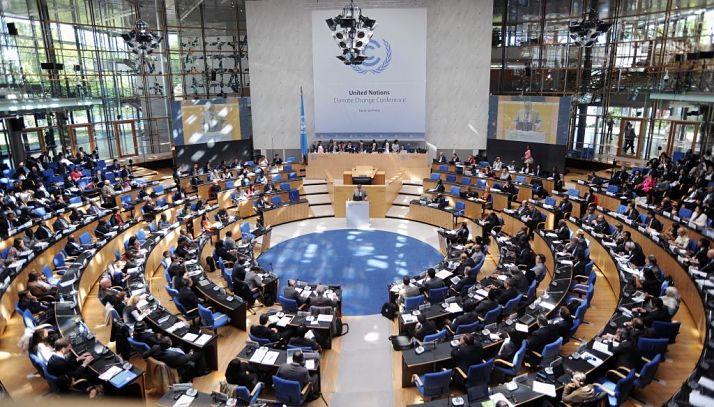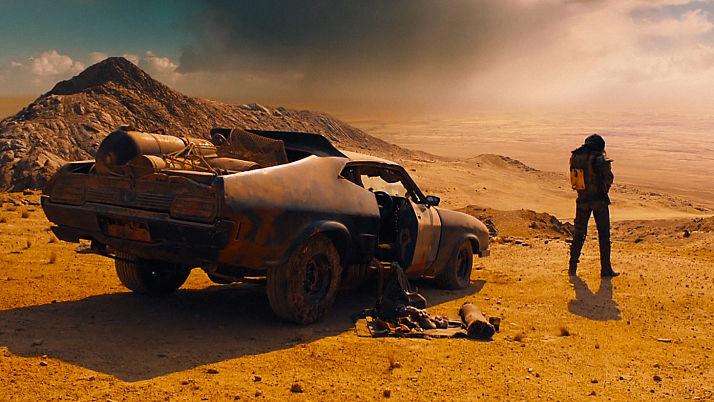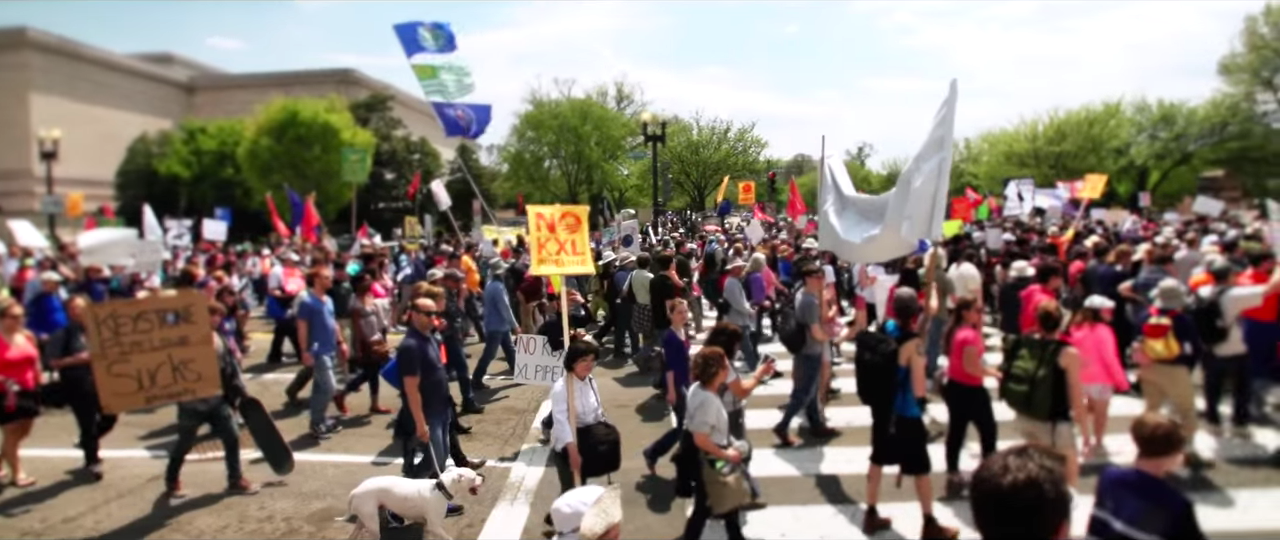
What is a COP? --------------
COP stands for [Conference of the Parties](http://unfccc.int/bodies/body/6383.php). A party is a nation state - [196 are involved](https://en.wikipedia.org/wiki/UnitedNationsFrameworkConventiononClimate_Change). A COP is when they all get together, at taxpayers expense, to discuss a global treaty (the UNFCCC) about the atmosphere and how it relates to each nation.
Why 21? -------
SUPPORTED BY HEROES LIKE YOU
Support independent eco journalism that drives real change.The plan began at the 1992 Rio Earth Summit but it didn’t start until 1994. Since then COPs have been annual meetings. This year’s is the 21st in Paris. It starts on the 30th of November.
What have they achieved? ------------------------
[](https://cdn.ecohustler.com/media/2019/03/19/2015-04-01-09opt.png)Every year since 1992, global greenhouse gas emissions have increased. So the United Nations Framework Convention on Climate Change can be viewed, on it’s own terms, as a failure. Worse than that, because it has given the general public the illusion that responsible people are in control of the situation, it has dampened an appropriate, broad, deep and radical civil society response. Even worse still, because national political systems have been bought out by corporations these corporations wield power at the COP negotiating table. Over the years, various policies have been put into place that actually transfer additional money and power to the biggest polluters. For example, the European Union Emissions Trading Scheme resulted in a massive windfall gain for fossil generators in Europe as they cashed in on an over-allocation of credits. Globally, governments still subsidize fossil fuels to the tune of $548 billion a year. Makes you wonder what they have been talking about?
What happened to the Kyoto Protocol? ------------------------------------
The Kyoto Protocol was a smart device to reduce global emissions via a cap and trade scheme. It was designed over the period 1992 to 1997 and “and entered into force in 2005.” It isn’t well known that the treaty was largely designed by the Americans who brought significant resources to bear on the issue under the Clinton Administration. Anecdotally, it is reported that under Bush, a US general marched into the negotiating room and said “we are never going to sign up to this Communist crap” COP15 in Copenhagen in 2009 was a crucial historic moment when The Kyoto Protocol was going to be strengthened and extended. One week into the conference all the Non Governmental Organisations observing negotiations and feeding into proceedings were forcibly removed from the conference. The Bella Centre was surrounded by riot police and subsequently massive protests surrounded the building. President Obama and Chinese premier, Wen Jinbao, met in a private room. They tore up the treaty and instead signed a meaningless piece of paper that binded no nation to anything. Decades of hard work were tossed aside and thousands of campaigners, negotiators and scientists returned home with heavy hearts knowing they would spend Christmas with families that probably wouldn’t understand how grave an error the world had just made. Sudanese delegate Lumumba Di-Aping, described the Copenhagen Accord as "a suicide pact, an incineration pact, in order to maintain the economic dominance of a few countries".
Should I start to panic? ------------------------
It is too late for that. The time to panic was in 1992 when world leaders constructed an elaborate edifice to delude people into thinking the situation was under control. Since then the amount of CO2 in the atmosphere has reached 398.29 ppm (scientists estimate that 350 ppm is safe).2015 has been the hottest year so far, eclipsing 2014. The oceans are absorbing CO2 and becoming more acid. Now there are parts of the Pacific Ocean where the shells of organisms dissolve. All the great rainforests of the world are in retreat. Changes to the Amazon are linked to the extreme drought in Sao Paulo (population 20 million). The Indonesian Rainforest is on fire and currently releasing more CO2 than the US economy. The worst case scenario is runaway climate change that would render our world uninhabitable. 
So what should I do? --------------------
Politics
- Get involved in a climate campaign like: 10:10, 350 or CCC
- Message your MP and demand action
- Talk to your friends, family and neighbours and make a plan
- Join a protest or direct action - to demand governments takes action now. For example, the People's March for Climate, Justice and Jobs on the 29th of November
Lifestyle
- Do everything you can to reduce your dependence on fossil fuels
- Don’t buy anything you don’t need
- Stop buying things from corporations that burn lots of fossil fuels
- Where possible buy local and seasonal from small producers
- Become more self reliant - grow food, invest in community
- Eat less meat
Home
- Sign up for green energy
- Ensure you are adequately insulated
- Convert your lawn to a vegetable patch or let it go wild
- If you can - plant a tree
Money -----
- Join a divestment campaign e.g. Go Fossil Free or Keep It In The Ground
- Switch bank to an ethical one that doesn’t invest in fossil fuels e.g. Smile
- Invest your savings with Abundance
Go Wild
Our culture’s meta-narrative is obsolete. Worse than that, it is destroying all life on this planet. Mainstream messaging is out of date and dangerous - don’t watch TV. Taking a normal job, working in the mainstream economy, paying tax and buying things from corporations makes you complicit in the collapse of our civilisation. This gives you free reign to reimagine everything, why we are alive, what we do with our time and who we are. Do not wait for permission from anyone. Link up with your friends and change your lives now. 




